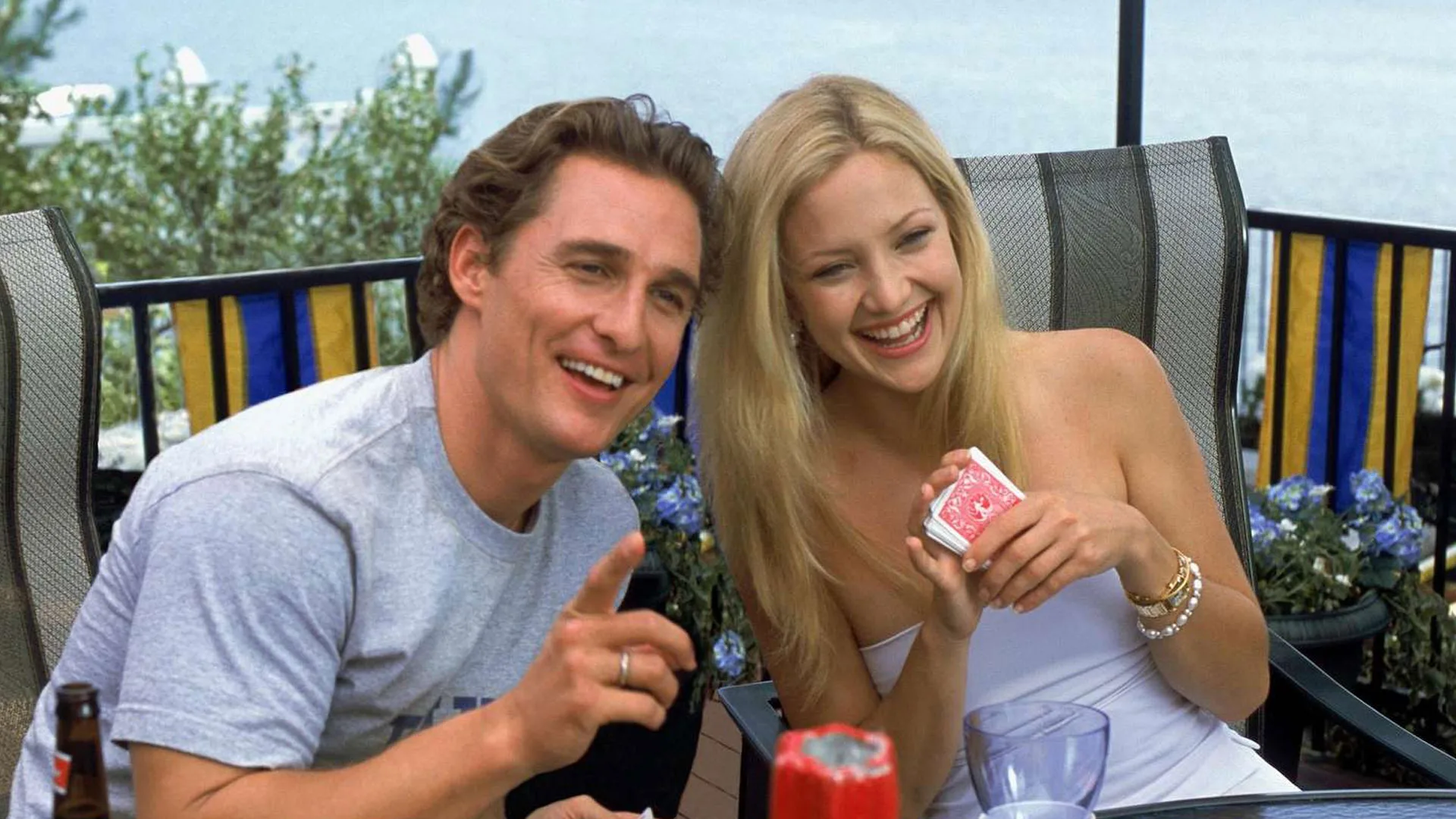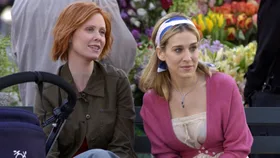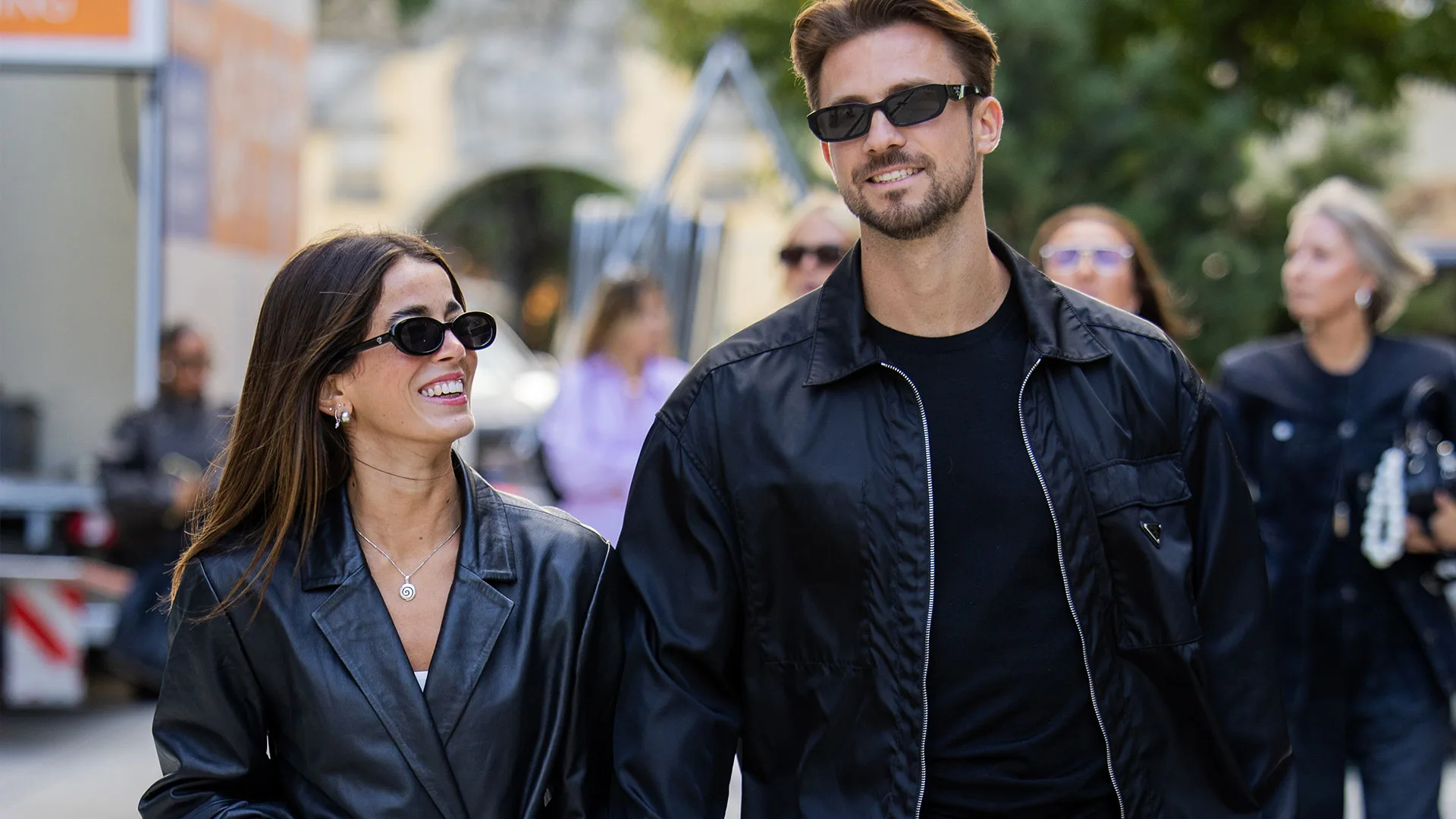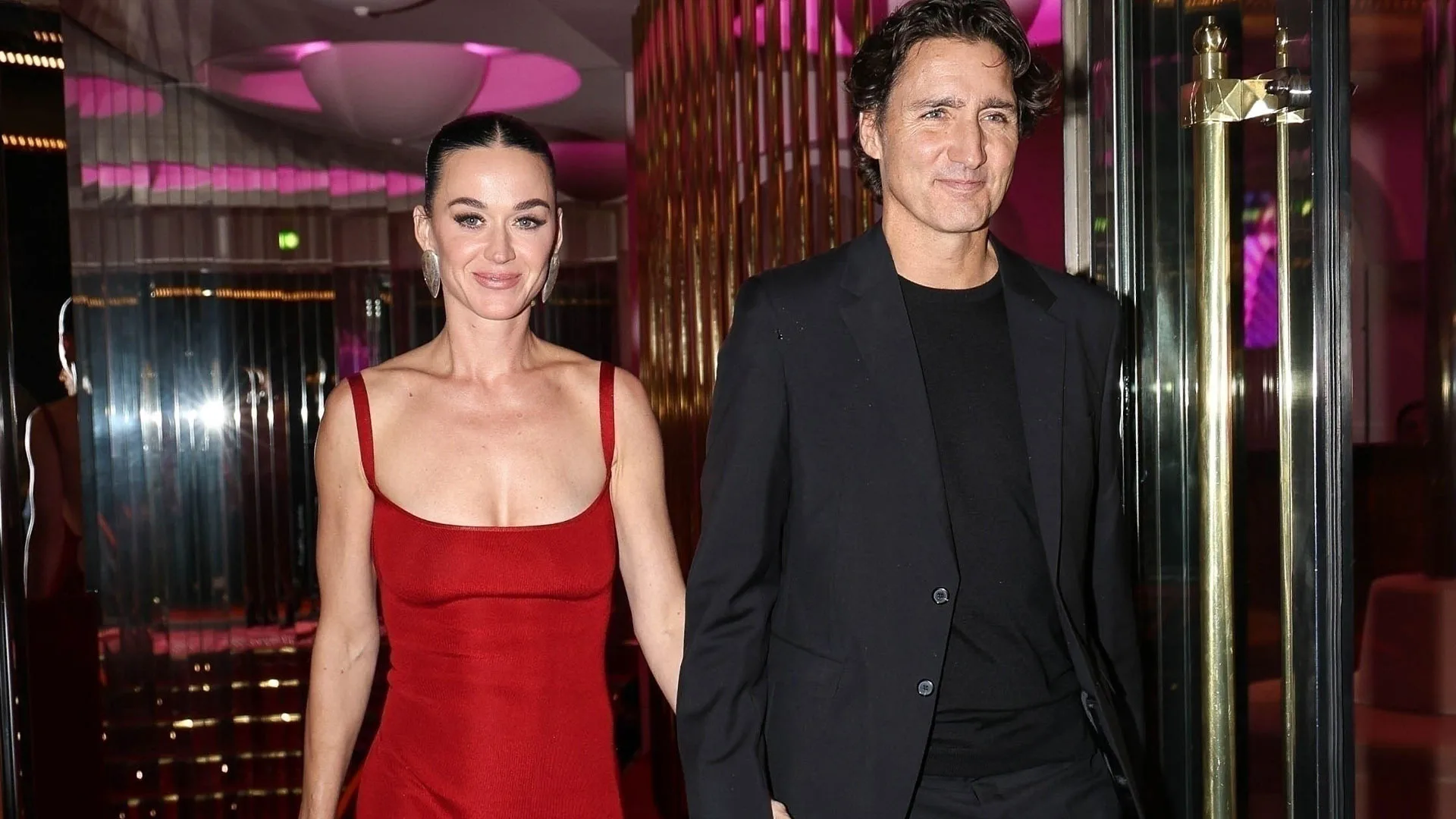I spent over eight years in the dating app trenches. Eight years of awkward first dates, almosts, ghostings, and “he’s probably just busy at work??!!” pep talks from friends. These days, I’m thankfully (finally!) off the market. But my DMs are still full of beautiful, smart, hilarious women asking the same questions I once screamed into my pillow: “WHY IS THIS SO HARD!?”
I spend a good chunk of my days playing Agony Aunt, replying to messages from women (some I know personally, some complete strangers, all sisters in suffering) every. Single. Day. They’re venting about situationships, crying over breadcrumbs, or wondering if the person they just introduced to their entire family even likes them.
So what the hell is going on? Why does modern love feel harder than ever? Welcome to my deep dive into modern dating.
The Rise Of The Algorithmic Ick
Remember when “the ick” meant someone was rude to a waiter? Simpler times. Now, it’s a whole new taxonomy of digital turn-offs: bad emoji-heavy captions, cringe voice notes, green text bubbles, or an accidental “like” from 2016.
Thanks to endless exposure, we’re judging potential partners not by who they are in real life, but by how they perform online. A great guy can dissolve into digital oblivion if his grid screams “crypto bro” or “doof dude.”
There’s something deeply strange about falling for someone through a screen – and even stranger about falling out of love through one. When did attraction become so curatable?
Romance Is Dead, Long Live The Soft Launch
For a generation raised on both Disney fairytales and Tumblr breakups, love has become a branding exercise. We “soft launch” relationships like new products: a mysterious hairy arm here, a backwards cap there, testing audience response before the full release.
The hard launch? That’s the season finale. The couple photo at sunset with a caption like “worth the wait” or “I think I like this little life…”
And when it ends, the rebrand begins. Photos archived. Captions changed. Followers quietly deleted. You can tell who’s been through a breakup by their sudden interest in cold plunges and pilates reformer classes. The sexy selfies slowly return, sandwiched between wholesome activities and family time; a soft flex of “I’m healing, but I’m still hot”.
“We’re living in the era of romantic marketing, where love isn’t just experienced — it’s broadcast.”
The algorithm rewards vulnerability, so we post our heartbreak. The comments flood in (“you’ve got this gf ?”), and the dopamine hits harder than closure ever could.
The Ache: We’re Lonely, But It’s Complicated
Here’s the part no one wants to admit: beneath the banter and filters, we’re all a little starved. Not just for love, but for attention that isn’t transactional. Every woman who messages me is trying to make sense of the same contradiction: we want romance, but we’ve gamified it. We have endless options, yet we’ve never felt so replaceable. We’re so overstimulated by micro-interactions — likes, DMs, story replies — that real intimacy feels both unfamiliar and terrifying.
Real love requires patience, silence, and sometimes boredom. The internet offers instant validation in high definition. We used to fear rejection but now we fear invisibility. When a text goes unanswered, we don’t assume they’re busy — we assume they’ve moved on, or worse, are active now.
The Paradox Of Choice (And The Illusion Of Abundance)
Technology promised us endless options — a digital buffet of romantic possibility. But instead of satisfaction, we’re bloated and confused. Studies show that too many choices make us less happy, less decisive, and more likely to regret our decisions. It’s called the paradox of choice, and it fits dating apps perfectly.
Why settle when there’s always another match waiting? Why commit when someone else might be a slightly better fit – or at least, better lit? We’re all chasing chemistry, but we’ve confused it with convenience. Desire used to live in mystery, distance, and longing. Now it’s a notification away — or worse, a double text.
“We’re overeducated in red flags and under — practised in vulnerability.”
I joke that my DMs are part confessional, part focus group. Some women want advice. Others just want to be heard. But the underlying issue is that no one taught us how to love in a digital world. We’re fluent in emojis, but emotionally illiterate. We can diagnose our attachment style but can’t express our needs without an infographic. We say “protect your energy” instead of “I’m scared you’ll hurt me”.
And when you finally find someone worth your time, you almost don’t know how to stop analysing and just be.
Love In The Age Of Performance
Modern love often feels like a performance review. We measure compatibility through love languages, attachment theories, and communication styles. We analyse instead of experience. It’s no wonder relationships now require emotional spreadsheets and a minor in psychology to survive.
But here’s where we’re shooting ourselves in the foot: the more we intellectualise love, the less we allow ourselves to feel it. We’ve replaced instinct with data, and intuition with TikTok therapists. We call it “emotional intelligence,” but sometimes it’s just fear in a prettier font.
So, What Now?
The truth is, desire is messy. It doesn’t fit neatly into trends, rules, or algorithms. The ache we feel isn’t really for a person, but for presence. To be seen, properly seen, without having to explain ourselves in captions or compatibility tests.
Maybe the answer isn’t deleting the apps or going off-grid. Maybe it’s just remembering what connection feels like when it’s not curated. The quiet, unflattering, human moments that don’t need to be captured to count.
Because for all our talk about “icks,” we forget that love — real, inconvenient, human love — has always been a little icky. Ditch the filter. Sit in the awkward silence. Let someone see you before you’ve had time to edit the moment. It’s uncomfortable, sure – but sometimes that’s where the good stuff lives.








